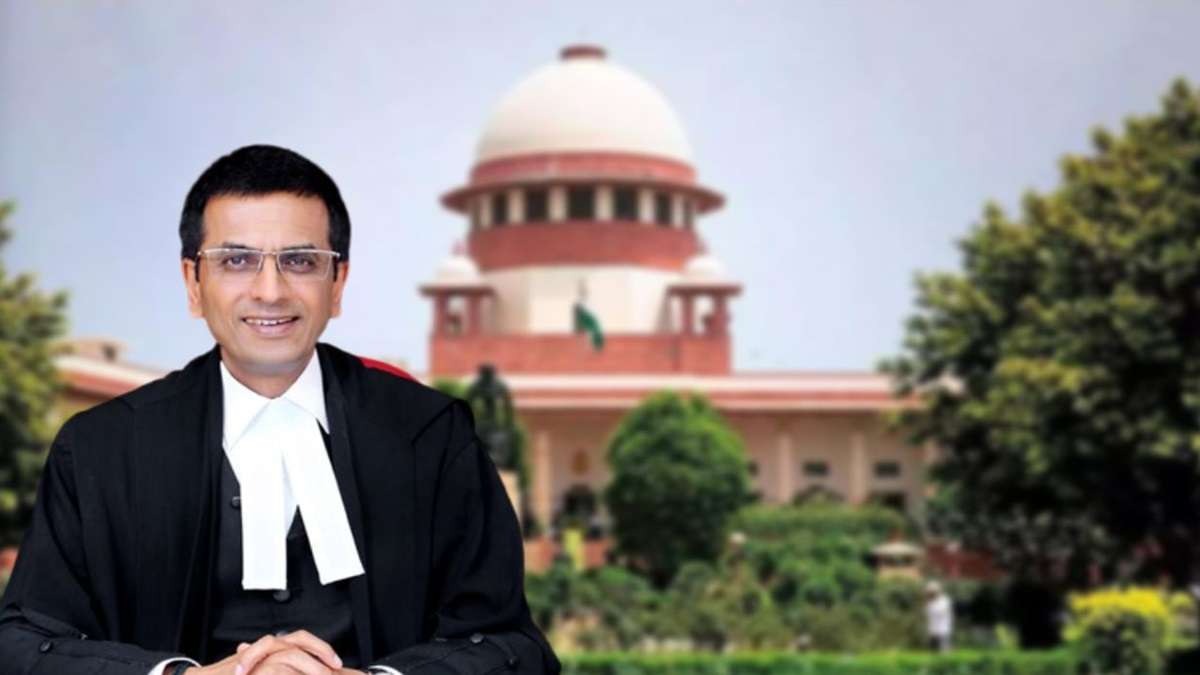
National: In a significant development, Chief Justice of India (CJI) DY Chandrachud has recommended the name of the Supreme Court's most senior judge, Justice Sanjiv Khanna, as his successor, sources said on Wednesday. The central government had sent a letter to the outgoing CJI last Friday, asking him to make the recommendation in accordance with the Memorandum of Procedure, they added.
Notably, CJI Chandrachud is set to retire on November 10, after serving a two-year tenure as the Chief Justice of India. He had taken the oath of office on December 17, 2022, becoming the 50th Chief Justice of India. After taking the oath, Justice Chandrachud had paid tribute to the Mahatma Gandhi statue in the Supreme Court. His father YV Chandrachud was the longest-serving Chief Justice of India (CJI) and remained at the helm from February 22, 1978, to July 11, 1985.
Who is Justice Sanjiv Khanna?
Justice Sanjiv Khanna is expected to serve from November 10, 2024, to May 13, 2025, as the Chief Justice of India. As the seniormost judge in the Supreme Court after the CJI, Justice Khanna has had a notable judicial career since his elevation to the apex court in January 2019. His appointment to the Supreme Court stirred controversy, as he bypassed 33 senior judges in both age and experience. However, the issue subsided within a few months of his appointment. Justice Khanna, a nephew of the renowned Justice Hans Raj Khanna, who resigned during the Emergency in protest, has made significant contributions during his judicial tenure.
Legal expertise spanning two decades
Before his Supreme Court appointment, Khanna also served as a judge in the Delhi High Court for 14 years. He is known for his expertise in taxation, commercial laws, and has authored numerous critical judgments over the past two decades. Born on May 14, 1960, Khanna earned his law degree from Delhi University and began practising in 1983. Initially starting in Delhi’s district courts, he later shifted to the Delhi High Court and tribunals, working on constitutional law, arbitration, direct taxes, company law, land laws, and environmental law, among other areas.
--Advertisement--

 Desk
Desk Share
Share



